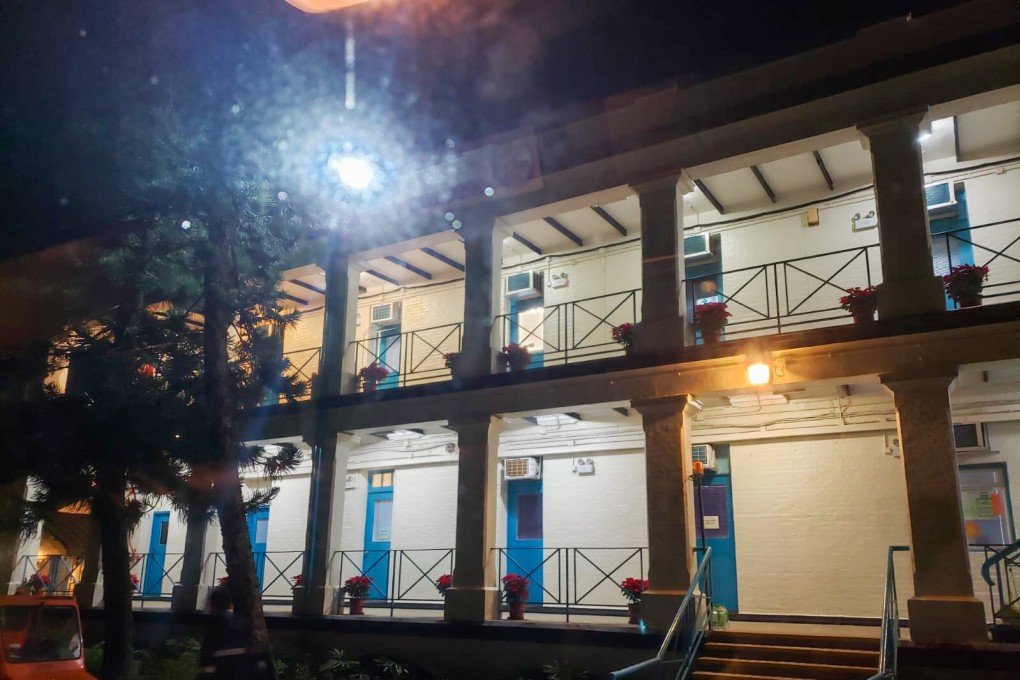Opinion | Hong Kong’s coronavirus quarantine rules must have children’s best interests at heart
- Despite government assurances, reports of young children and babies being separated from their parents in quarantine are deeply troubling
- International law and practice can help strike a balance between preventing the spread of Covid-19 and the needs of children

The recent cluster of Covid-19 cases has once again made clear that Hong Kong’s policy of mandatory admission to hospital for positive cases and quarantining of close contacts is problematic when it comes to families and children.
For example, if a child is admitted to hospital with Covid-19, a parent could be allowed to accompany the child. If a child and parent are both admitted to hospital, they will consider placing them in the same room, subject to the availability of isolation capacities.
This is a step towards allaying fears, but it raises a question. If this is the policy, why are there so many reports of families being separated against their will? While the release indicates efforts might be made to keep parents and children together, there is no guarantee. A great deal is still left to the discretion of the authorities.

